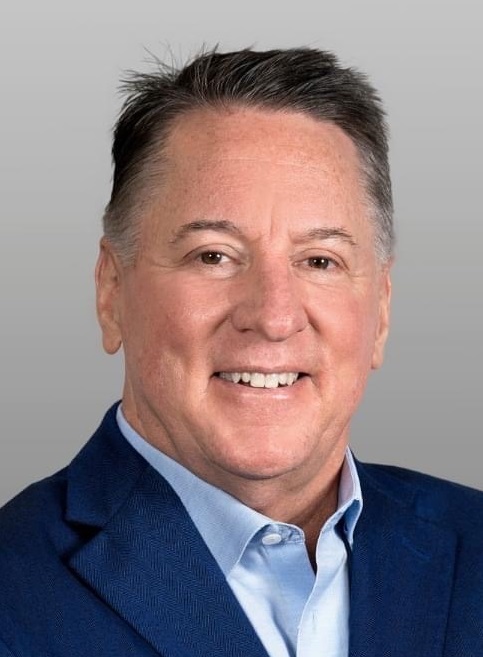CHARLESTON – An attorney representing dozens of West Virginia cities and counties praised state Attorney General Patrick Morrisey for his work on opioid litigation that could up bringing in about $1 billion in settlements to the state.
“Quite simply, we would not have achieved these settlements or this type of money without Attorney General Morrisey,” Rusty Webb told The West Virginia Record. “When he rejected the $26 billion national settlement with distributors and Johnson & Johnson, he drew a line in the sand. He said we aren’t going to accept the national formula monies that would give West Virginia a pittance of what it deserves.
“That was a bold move, and his prediction that we would do better in settlements or trial have all come true. We’re receiving at least twice what we would have received under the national formula. And we’re getting it because of his bold stance.”

Webb
Last month, Morrisey’s office announced settlements with Walmart and CVS that totaled at least $147 million. In August, he announced a settlement with Rite Aid for nearly $30 million.
“These settlements won’t bring back the lives lost from the opioid epidemic, but these and other settlements will hopefully provide significant help to those affected the most by this crisis in our state,” Morrisey said during a September 21 press conference. “This development also avoided a costly and lengthy trial and at the end of the day,
"West Virginia will have the highest per capita settlement results in the nation fighting for our people.”
Litigation against Walgreens and Kroger continues before the state Mass Litigation Panel with a trial date on June 5, 2023.
The lawsuits allege the pharmacies’ contribution to the oversupply of prescription opioids in the state have caused “significant losses through their past and ongoing medical treatment costs, including for minors born addicted to opioids, rehabilitation costs, naloxone costs, medical examiner expenses, self-funded state insurance costs and other forms of losses to address opioid-related afflictions and loss of lives.”
The money from all opioid settlements will be distributed under the terms of the West Virginia First Memorandum of Understanding. Announced in mid-February, the MOU is an agreement with the state on how future settlement dollars would be used to abate the opioid crisis throughout the state. It contains a comprehensive plan to use those funds to abate the massive problems caused by the flood of opioids into West Virginia.
Morrisey said all 55 counties and 217 of the 229 cities and towns in the state have signed on to the West Virginia First MOU. With the trial against Walgreen's and Kroger in June, as well as two bankruptcies still in the court system, Morrisey said he expects the state to receive more than a billion dollars from opioid litigation before all is said and done.
Webb represents 45 cities and counties in the state cases.
“It’s a continuation of the process to hold these defendants in the supply chain accountable for the epidemic in West Virginia,” Webb said of the settlements and pending trials. “We are, I believe, near $874 million in settlements from the beginning 2017 to date.
“That’s excluding the distributors’ money that came in in 2016. That’s a significant amount of money that can be used to abate our drug addiction issue.”
He said his clients are happy with the results so far.
“They understand that this is take it or leave it deal,” Webb told The Record. “No one wants to take on these companies individually. And, frankly, the companies want to buy their peace and continue on. And we can start healing our people.
“The $26 billion national settlement was based on population. We would have received disproportionately less. It was unfair and inequitable, but those large states don’t care. They just want their money.”
Webb also said he’s hopeful about a settlement with Kroger and Walgreen’s before trial.
“Generally, I always remain optimistic these cases will settle before trial,” he said. “It’s just best for everyone.”
